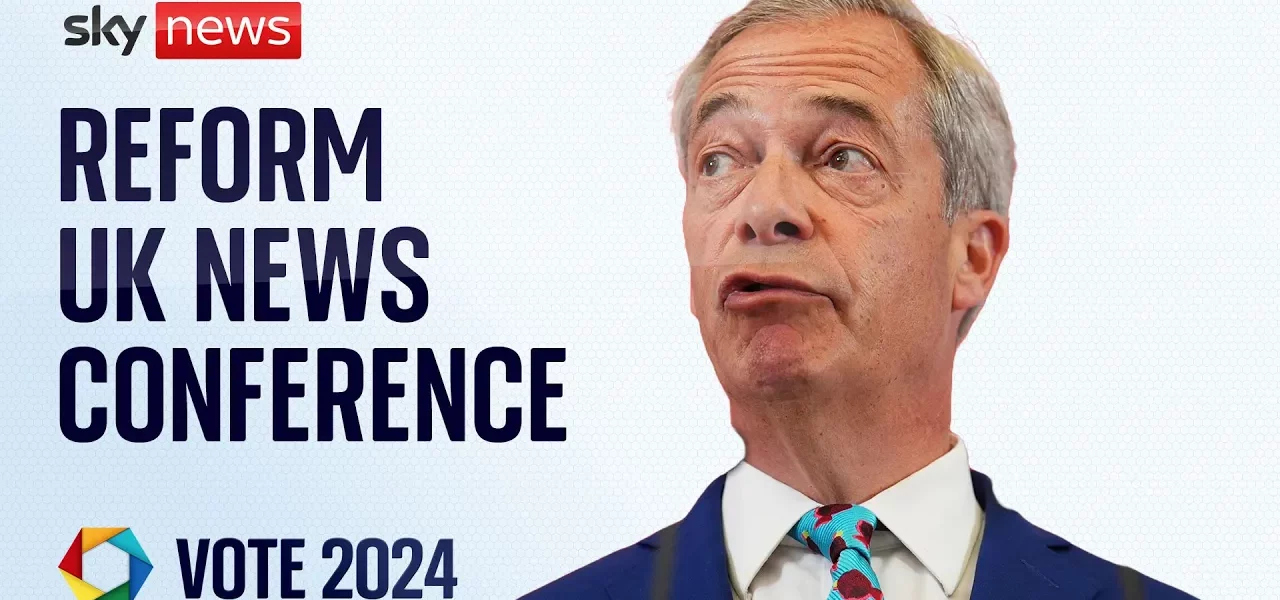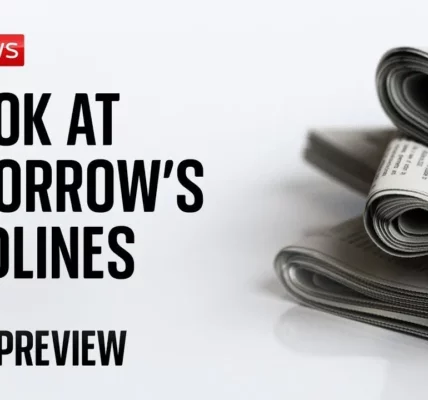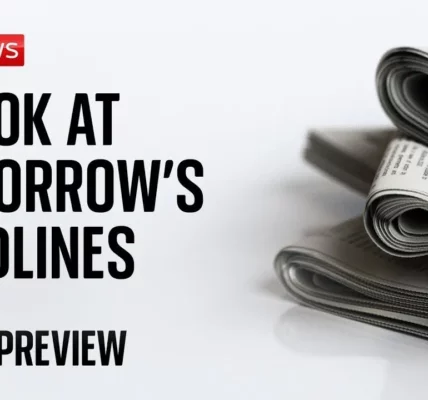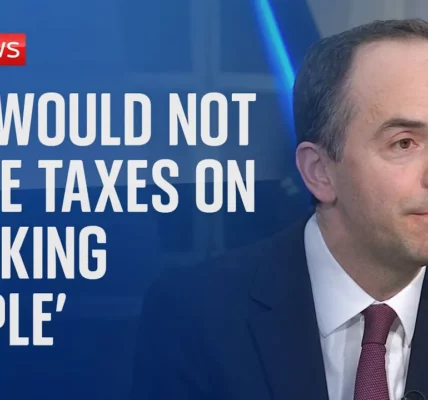Reform UK: Transforming the Election Landscape

In an unexpected turn of events, the Reform UK party has rapidly gained traction in the political arena, transforming what many anticipated to be a dull general election campaign into one filled with excitement and momentum. This article delves into the key aspects of this transformation, exploring the implications of immigration, voter engagement, and the party’s rising influence in the polls.
Introduction
In the last two weeks, the Reform UK party has captured the attention of the electorate, shifting the narrative of the general election campaign. Initially written off, the party has not only held its ground in the polls but has also started to climb, indicating a rising dissatisfaction with the established parties. This article examines the factors contributing to this momentum, including public concerns about immigration and economic pressures, and highlights the party’s unique position in the current political landscape.
The Shift in Public Discourse
The recent campaign has spotlighted issues that resonate deeply with voters, especially immigration and its impact on everyday life. This shift can be attributed to several key factors:
- Public Concerns About Immigration: Many citizens feel that immigration is a pressing issue that directly affects their living standards and quality of life.
- Economic Pressures: The increase in population due to immigration has led to heightened competition for jobs, housing, and public services, prompting calls for reform.
- Discontent with Mainstream Parties: The traditional parties have largely avoided engaging with these topics, leaving a significant gap that Reform UK has exploited.
Polling Trends and Party Momentum
As the campaign progressed, Reform UK experienced a remarkable surge in polling numbers, particularly after the involvement of high-profile political figures. The following points highlight this trend:
- Initial Polling: Initially, many expected Reform UK to fade in the polls, but the opposite occurred as they began to resonate with voters.
- Key Endorsements: Nigel Farage’s prominent participation reinvigorated the campaign, leading to increased visibility and support.
- Competitive Edge: Recent polls indicated that Reform UK had surpassed the Conservative Party in specific demographics and regions, reflecting a significant shift in voter sentiment.
Engagement and Community Support
One of the most striking aspects of the recent campaign has been the grassroots engagement and community support for Reform UK. This has manifested in various ways:
- Community Events: Local events have drawn enthusiastic crowds, illustrating a growing grassroots movement.
- Media Buzz: The party has generated significant media attention, further amplifying its message and reach.
- Voter Outreach: Direct engagement with voters has become a cornerstone of the campaign, emphasizing the party’s commitment to addressing their concerns.
The Challenges Ahead
Despite the positive momentum, Reform UK faces several challenges that could impact its success in the upcoming election:
- Electoral System Limitations: The current first-past-the-post system may hinder the representation of smaller parties, even if they gain substantial popular support.
- Opposition Tactics: Established parties may ramp up their efforts to undermine Reform UK’s growing influence, utilizing various strategies to regain voter confidence.
- Building a Cohesive Strategy: As a relatively new player in the political landscape, establishing a clear and cohesive strategy will be crucial for sustained success.
Conclusion
The Reform UK party’s recent transformation from an overlooked contender to a significant force in the upcoming general election is a testament to the power of voter engagement and addressing key issues that matter to the public. As the campaign progresses, the momentum appears to be on their side, but challenges remain. The call to action for voters is clear: engage with the issues, participate in the electoral process, and consider the implications of their vote in shaping the future of the UK. For those interested in learning more about the party’s policies and vision, further insights can be found in our related articles.
“`




